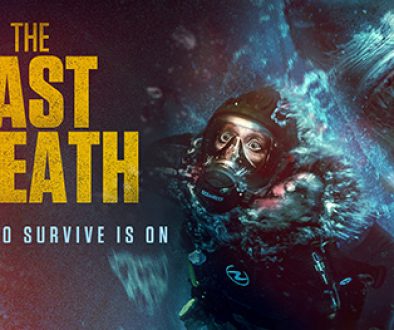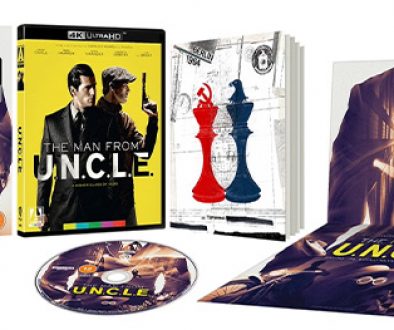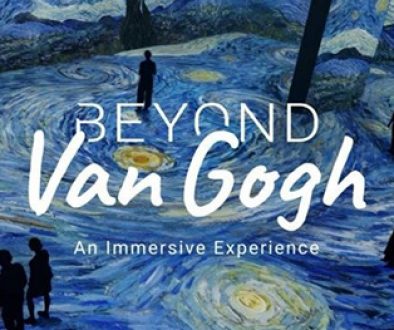Review: Trolley Problem, Inc
The trolley problem is the paradigm of moral dilemmas. I say this with confidence, because it’s the only one I know, and I know nothing. It’s classic: if a train was barrelling towards five people tied to the tracks, would you pull the lever to move the train onto a different route, killing just one person laying in helpless wait for their gruesome demise? Trolley Problem, Inc delves into that question and many more ethical conundrums, wrapped in the foil of a social experiment, it’s up to you to decide whether you should kill the dying dog out of mercy, program self driving cars to save their passengers even if it kills pedestrians and come out the other end most likely looking like the bad guy.
Trolley Problem, Inc is something of a text adventure. It has little graphics depicting the situation, but the bulk of the experience plonks you in the PM’s seat, has you read a bit of text and asks you a binary question. We start off as an advisor to Trolley Problem, Inc, an organisation acting as a decision maker for public transport. We’re tasked with choosing the outcome of problems, initially tied closely to the monolithic trolley problem, but slowly branching off, having us run a hospital and decide whether harvesting the organs of a healthy man is “right” if those organs can save a further five people. Every decision is linked to a real world example, often scholarly studies, which pop up after every choice and enter the “reading list” for later reference. We’re under the spotlight for just over an hour, so while our decisions will most assuredly uncover some unethical view we have, we won’t have to ponder on it for too long.
If it sounds like a simple game, it’s because it is. In fact, playing Trolley Problem, Inc had me thinking about the early 2010’s when the walking simulator genre was blowing up, and conversations about what constitutes a game were in full force. Games like Dear Esther and Gone Home were argued about in reference to their “game status”, lacking mechanics we come to recognise as parts of a video game and employing the bare essentials. I was always of the belief they were games; Gone Home wouldn’t work any other way, it needs the player to explore its mysterious surroundings. But with Trolley Problem, Inc, I find myself swaying the other way. You really are doing nothing more than selecting one option over another, and even then, games which enforce a heavy use of “decision-making” typically have those decisions matter in a grander narrative. That’s just not the case here.
As a result, Trolley Problem, Inc is an experience of which its value is determined on how much you put into it externally, and even then it’s intensely niche. Without the reading list, Trolley Problem, Inc’s endless interrogation feels shallow and pointless, but in tandem with it it’s an experience which clearly had psychology in mind (no pun intended) in its creation. With that said, while each dilemma has a link to a source, the game makes identifying those links a game in itself. The reading list is in chronological order, but doesn’t easily tie the source to the problem you solved, meaning you often need to answer a problem and immediately head to the reading list to make the connection. This concept is better in theory though, as the game doesn’t actually explain why the particular source is relevant to the dilemma. This is where the fruits of the players labour takes hold, as reading into source material is the only way you’ll make those connections, which can be intriguing when successful as you understand why the question posed by the developer is a manipulation of a real world study, but the process isn’t user friendly and asks a lot of the player outside of the game itself.
And as I alluded to before, I’m lost when it comes to psychology. It’s a fascinating aspect to our lives which inherently is unspoken, and the research done into understanding it better is equal parts impressive as it is dark. Trolley Problem, Inc excels at making some of the harder-to-swallow elements of human psychology less depressing through a bigger narrative of dark comedy. Our loose plot of promotion from public transport executive to big buck AI director to full on existential crisis is done so with levity, still completely acknowledging how deep we’ve come, but doing so with an element of humour. It makes questions involving how we approach real world decisions more palatable, questions we as normal people – not hospital managers – ask ourselves from time to time.
My biggest problem with the game is that success is right there, ready to grasp, but lacking the easy means for the player to make their decisions applicable to real world studies makes everything feel a touch pointless. Even as someone that went out of their way to read some of the sources, understanding why it’s pertinent to the dilemma is sometimes so obtuse that I yearned for more explanation in-game. Trolley Problem, Inc is like a conversation starter, it’s meant to lead to deeper conversations, but in this case, the dialogue goes nowhere, as the two interlocutor’s are a video game and an awkward gamer who really wanted the dog to die peacefully, I swear.
Review by Will.







